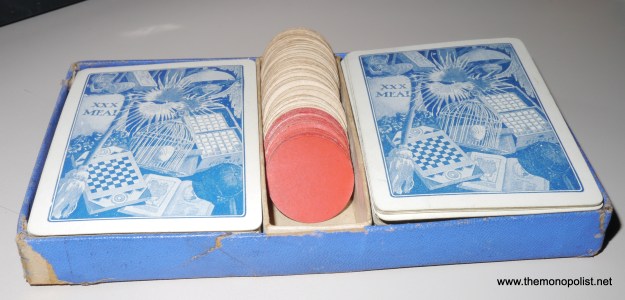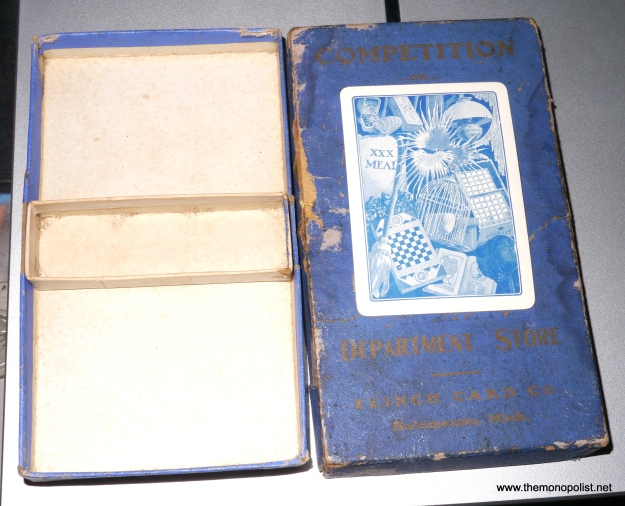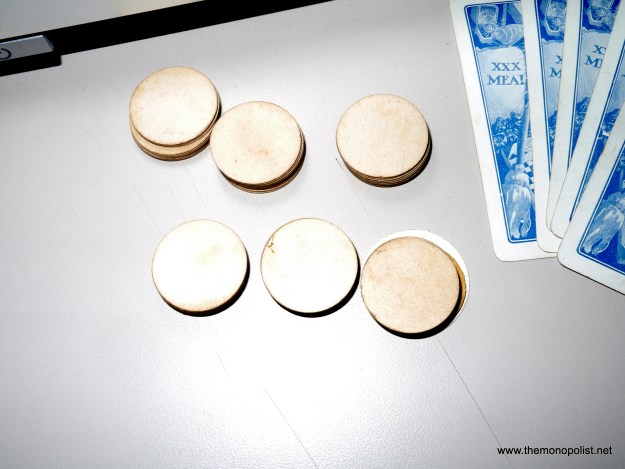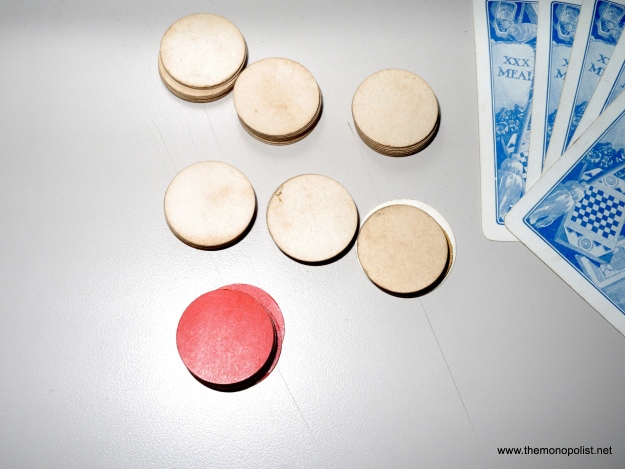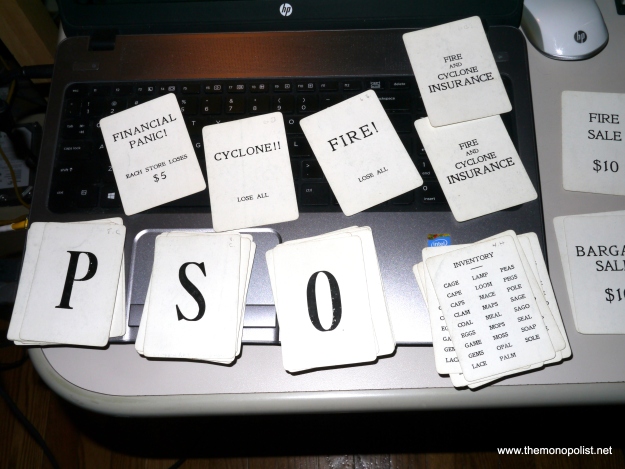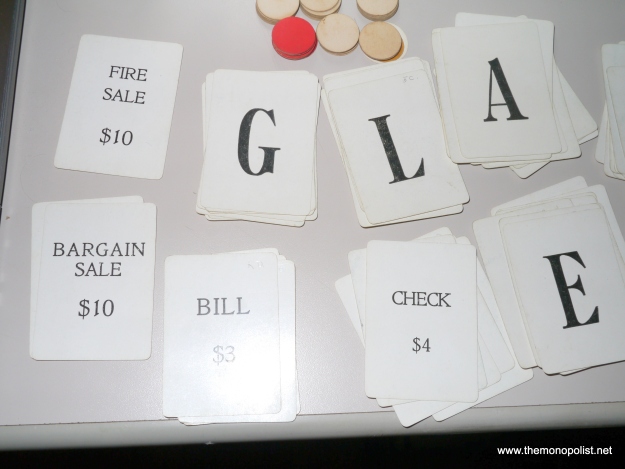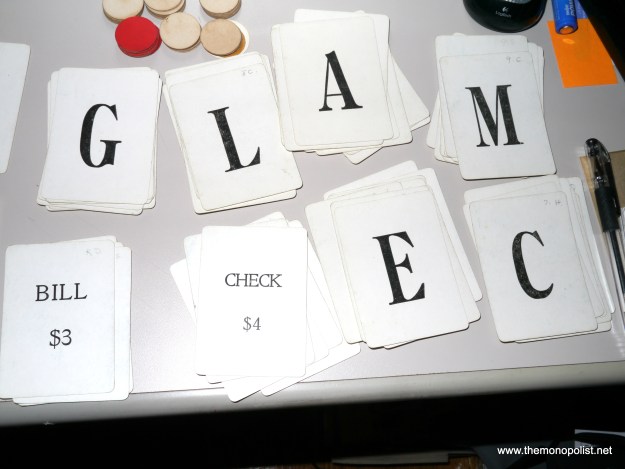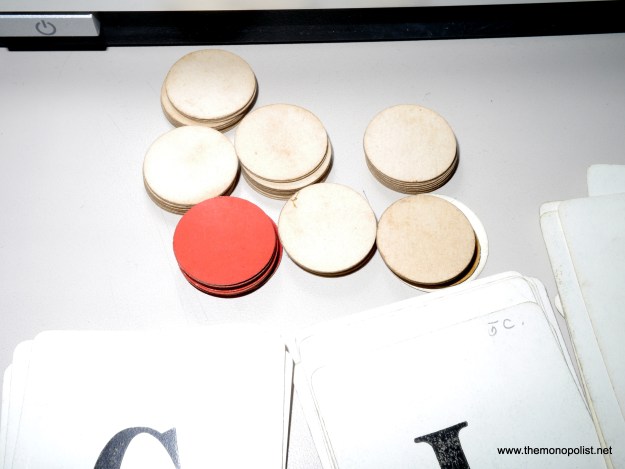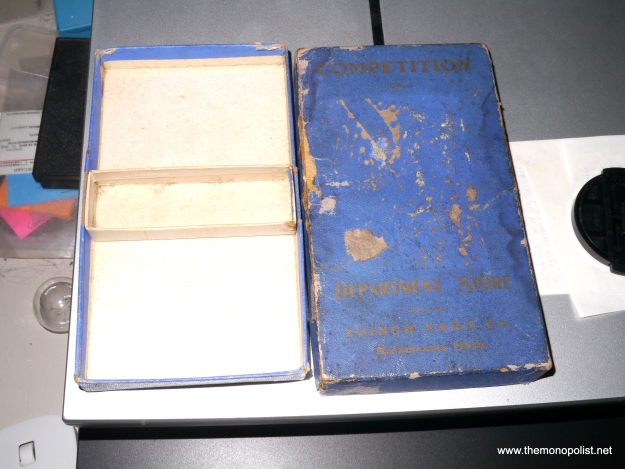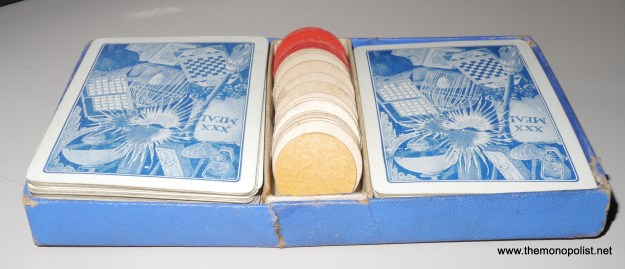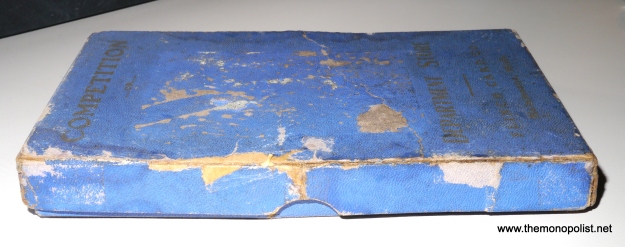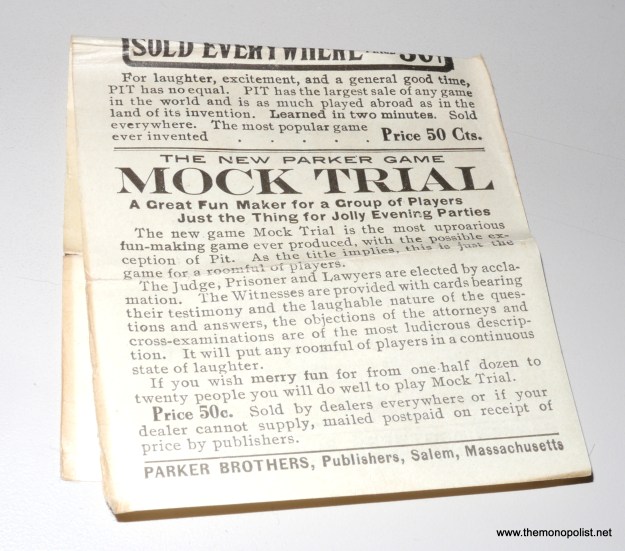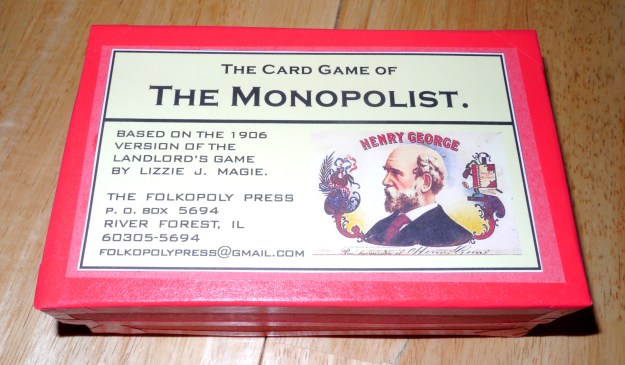
The Card Game of the Monopolist
New From Folkopoly Press
I have written before how, in my humble opinion, what we know today as the game Monopoly had it’s origins as a card game. I think it is more useful to think of it as a card game that developed the need for a board, rather than a board game that developed a need for cards.
The original inspiration for Lizzie J. Magie to create The Landlord’s Game was the death of radical economist Henry George in 1897. She hoped to keep his ideas alive with this game.
It also had inspiration in the various financial card games of the 1890s, which were hugely popular. Some of these games were quite complex and sophisticated and included things such as play money and involved financial trading. The various property groups in Monopoly, in this view represent “suits” as in a card game.
Besides inventing The Landlord’s Game, precursor of the game Monopoly, Lizzie Magie also created other card games in the early 1900s, including Competition, or Department Store (sold by the Flinch Card Game Co.) and Mock Trial, the first game she sold to Parker Brothers.
So, I think it is reasonable to conclude that before she came up with the board game version of The Landlord’s Game, there was a card game version that preceded it. As we know, Landlord’s was very much different than the other board games of the era, having little in common even with something like the 1878 Game of the Monopolist.
Unfortunately, if such a card game version of Landlord’s actually existed, it has not been documented in the historical record to date.
I decided a few years ago to reverse-engineer this earlier card game version of Landlord’s that I think must have existed. Recently, I made a conceptual breakthrough and have now finished making just such a game.
It has been my goal to make the minimum amount of changes necessary, using the 1906 Landlord’s Game as a starting point.
Since Landlord’s is now a registered trademark*, and this new game is merely my interpretation of what it could have been like, if it existed, I have given it a different name. Under the circumstances, The Card Game of the Monopolist will do just fine.
I am now ready to offer The Card Game of the Monopolist, a late 1890s version of what we know today as The Landlord’s Game and Monopoly, for just $39.95. This price includes shipping within the United States.
Most of the cards in this game are identical to the ones in my new game Progress and Poverty, which is based on the 1906 Landlord’s. The rules are an adaptation of those rules, with only those changes that are necessary to play the game using only cards and no board.
The conceptual breakthrough I had was that each square on the game board is, in itself, rather like a card. So, carrying over all the existing cards from the game, which include the deeds, Chance, and Luxury cards, plus the play money, we now have a deck of Game Play cards that each represent a square on the board. The Game Play cards are a different stack than the deeds.
At the start of the game, the Game Play cards are shuffled, and the used cards are put into a discard pile. Each player takes their turn around the table, one at a time, and as various properties come up, that player has the opportunity to purchase a deed from the Bank, at auction or otherwise. If a Chance card comes up, the player draws a card from that deck.
Once the entire deck of Game Play cards has been gone through once, the deck is reshuffled and used again. Each time a round is completed, the players collect their wages from the Bank, as they would when passing Mother Earth or Go on a game board.
Games can go on for a set number of rounds, using a time limit, or when the Bank runs out of money. The various players then total up the value of their cards (including the Luxury cards) and the one with the highest value is the winner.
The game can still accommodate the “Georgist” rules of play in just the same manner as Landlord’s does.
The original 1906 Landlord’s was designed as a game that could be played by 2, 3, or 4 players. This too seems derived from its original status as a card game. There are four sides to a card table. As I have mentioned, the property groups are like suits, and their value increases once you have a complete group and can make “improvements” (i.e., put houses on them). The way that Luxury cards are collected throughout also harkens back to other card games.
Using a deck of Game Play cards introduces a random element into the game, making the use of dice unnecessary. In this version of the game, tokens are not needed either.
While I don’t know for certain whether such a card game actually preceded the board game we know and love, it fits the facts and I think of it as the simplest, most elegant solution to determining the pre-history of Monopoly.
Each game comes with:
1 Implements box, 1 set of Rules, 80 Houses, 16 Education cards, 2 Free College cards, 16 Chance cards, 27 Luxury Cards, 29 Deeds (the usual 28 as in later Monopoly games, plus “Speculation”), 4 Natural Opportunity cards, and 41 Game Play cards, plus Scrip Money in the following amounts:
54x $1
54x $5
81x $10
54x $50
81x $100
A total of $11,934.
-Clarence B. Darwin
The Card Game of the Monopolist
Price: $49.99
PS- For shipping outside the US, drop us a line at:
folkopolypress@gmail.com
Thanks.

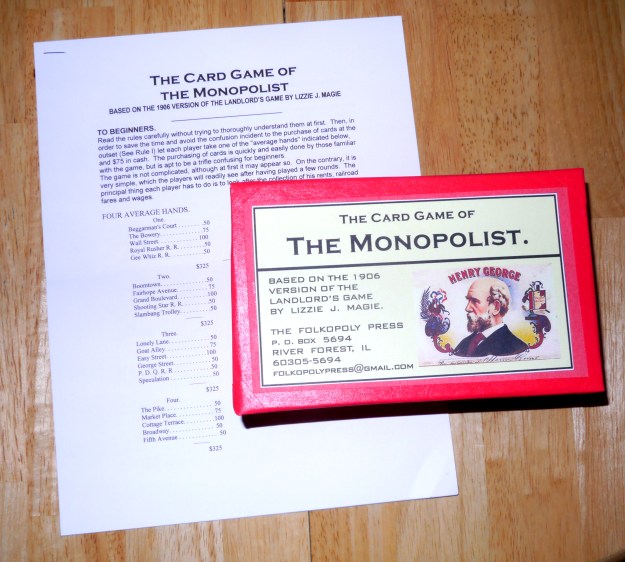
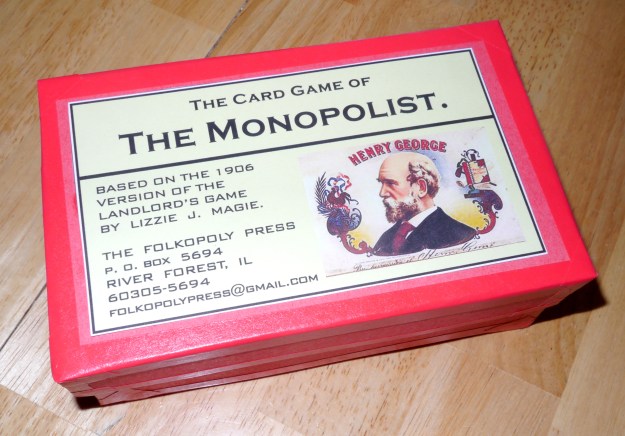
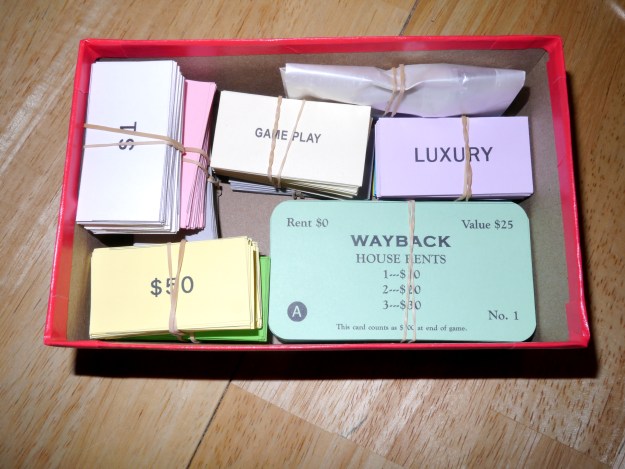
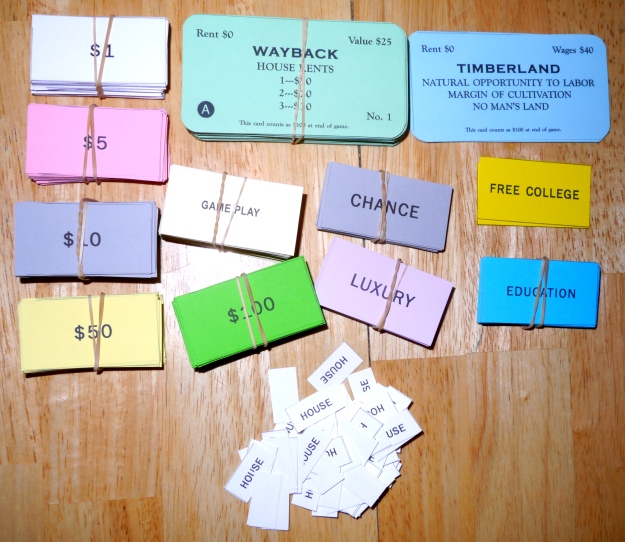
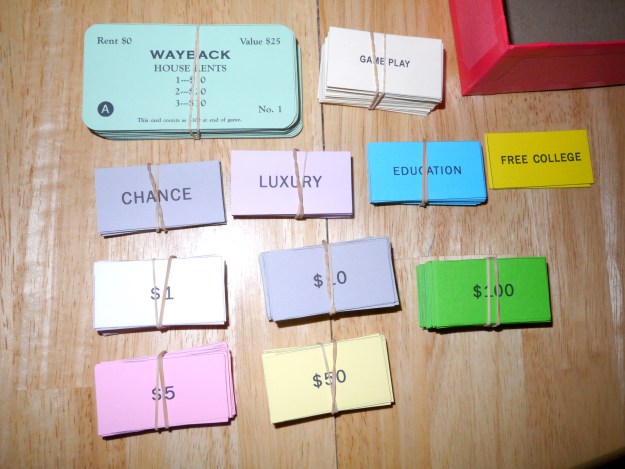
*The Landlord’s Game is a registered trademark owned by Thomas Forsyth. Folkopoly Press is not affiliated with Thomas Forsyth,
